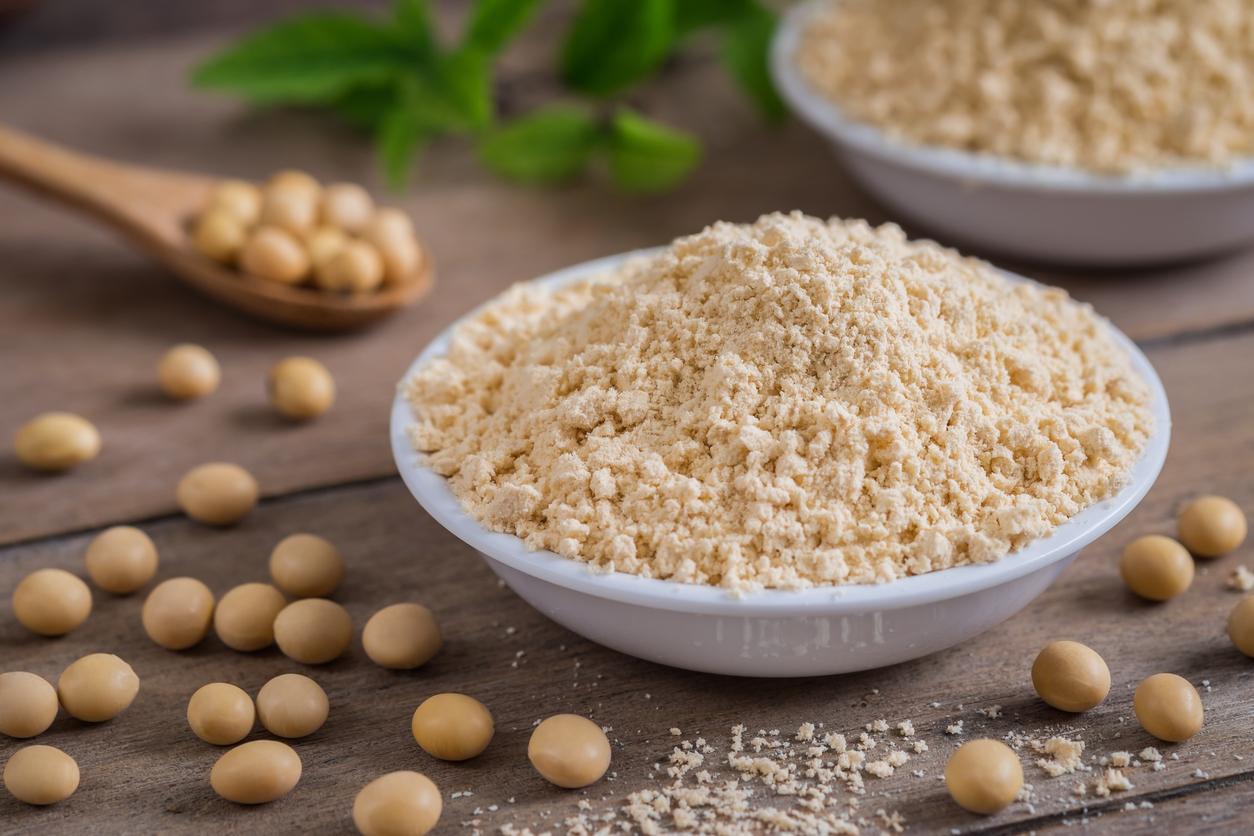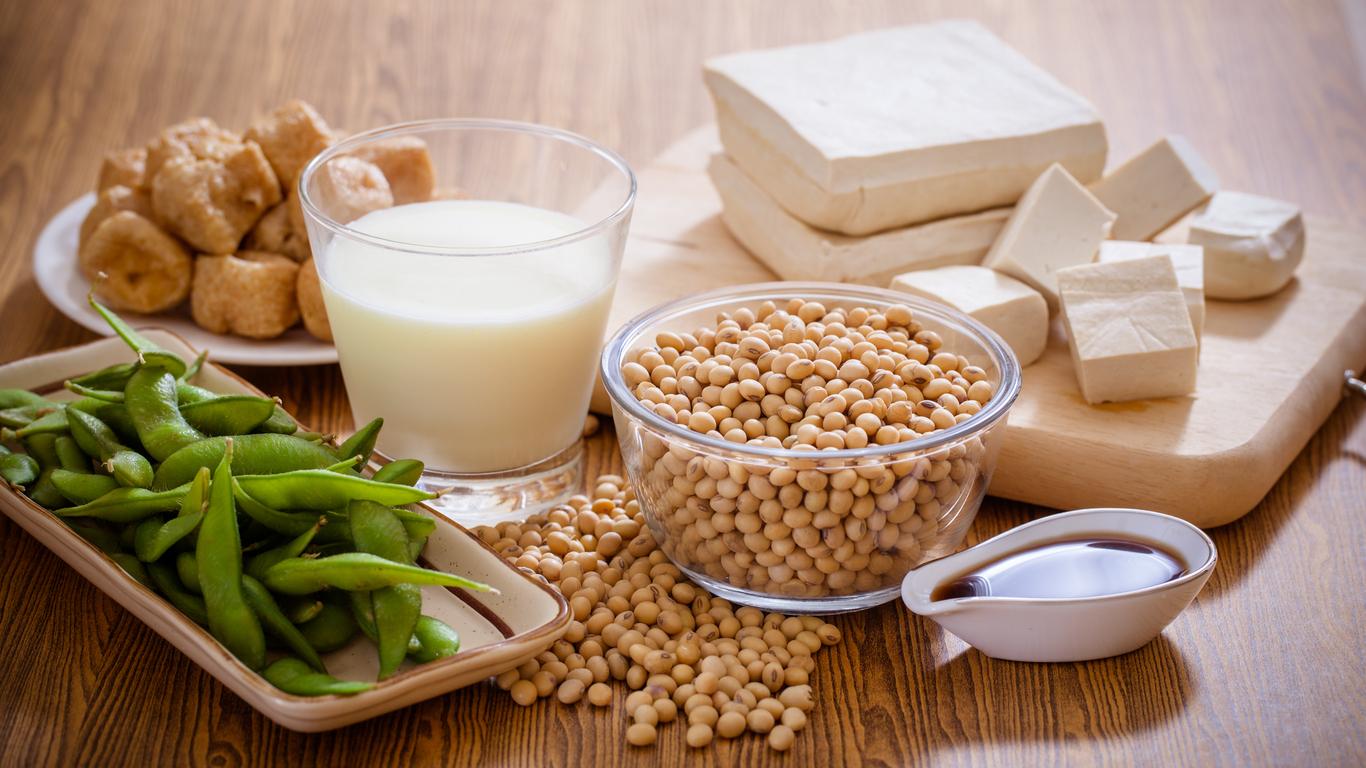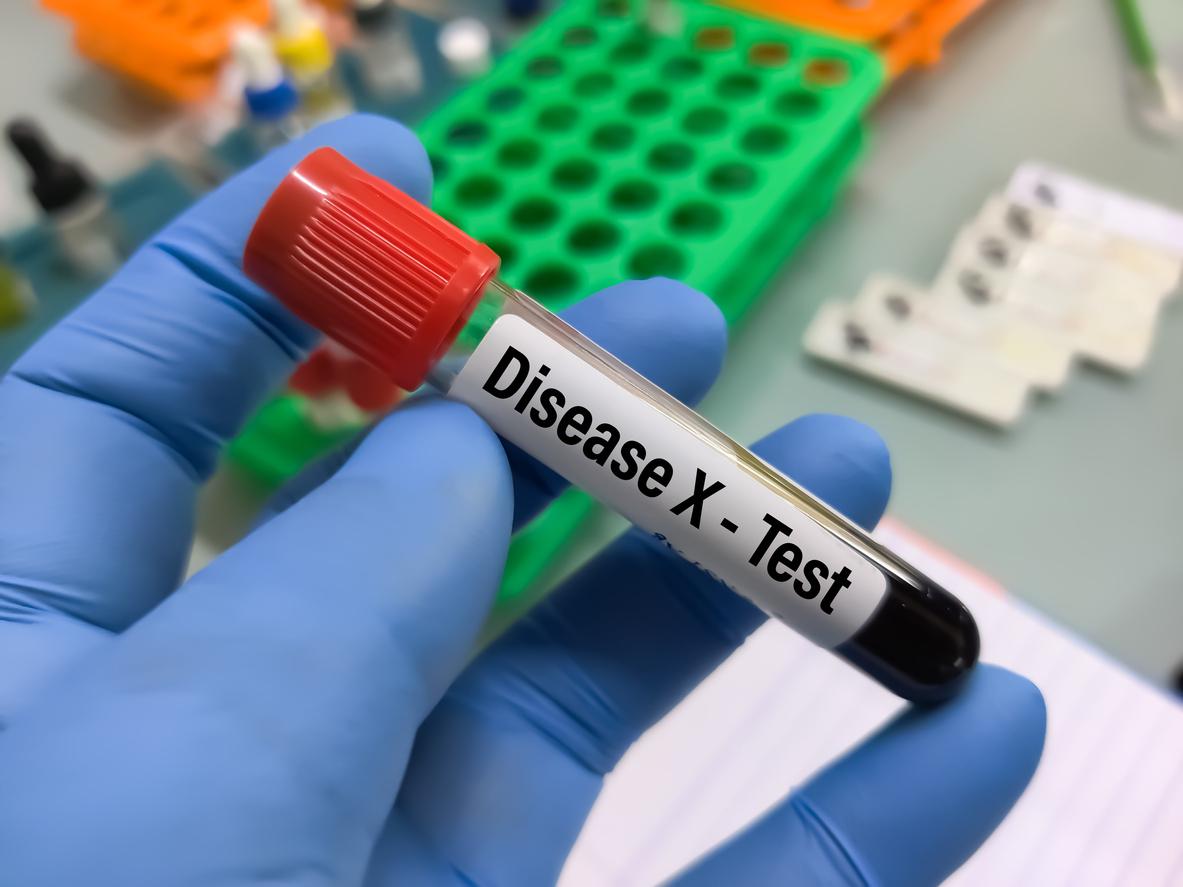A diet high in soy protein could be an effective adjunct treatment for inflammatory bowel disease, according to results of a study published in the medical journal Journal of Nutritional Biochemistry. The conclusions were obtained on mice and on cells of the intestine. An important finding, because inflammatory bowel disease, including ulcerative colitis and Crohn’s disease, are characterized by continuous or periodic inflammation of the colon and represent a significant risk factor for the Colon Cancer. Also known as IBD, inflammatory bowel disease affects nearly 4 million people worldwide.
Researchers at the University of Pennsylvania in the United States conducted a study to understand whether soy protein concentrate could exert antioxidant and cytoprotective (anti-ulcer) effects in cultured human intestinal cells and moderate the severity of the disease. inflammation in mice with an induced condition similar to ulcerative colitis.
New studies must be carried out in humans
The results of the study showed that the 12% dietary soy protein concentrate improved body weight loss and spleen swelling in mice with induced inflammatory bowel disease. It also reduced the levels of colon inflammation in guinea pigs and improved the impermeability of the intestinal wall.
Because soy protein is a widely used food ingredient, often used as a meat substitute and commonly referred to as “textured vegetable protein,” researchers believe human studies may be in the near future.
Read also:
Ulcerative colitis: the “recto” without taboos
Crohn’s disease and spondyloarthritis may be related
Crohn’s disease: what diet to adopt?


















